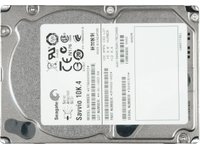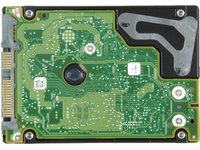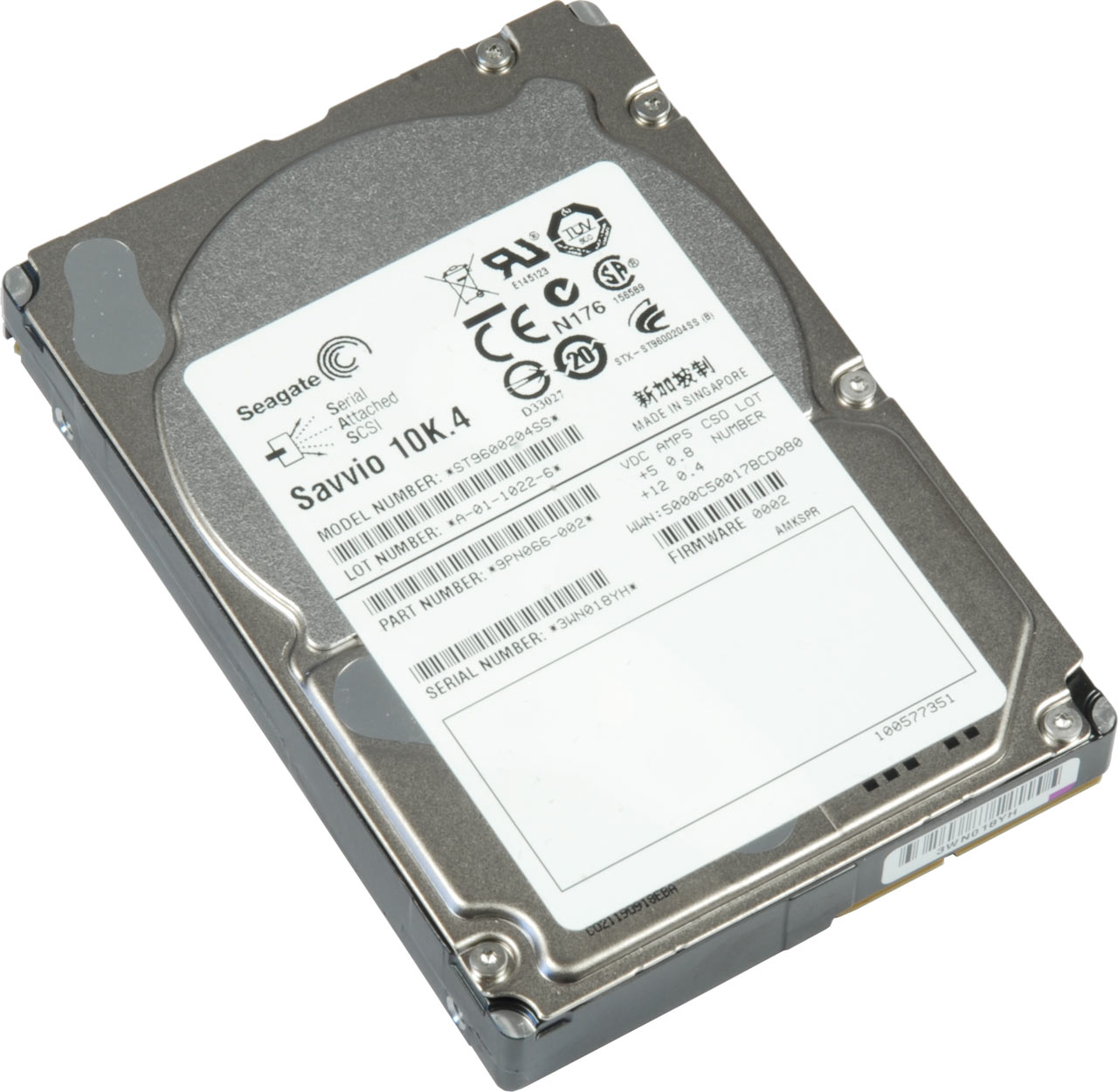Enterprise Storage: Two 2.5" 600 GB Hard Drives Tested
The latest 2.5” hard drive generation ships with SAS 6Gb/s and delivers up to 600 GB of storage space, narrowing the gap with much larger 3.5" disks. Today we're comparing the latest 2.5" drives from Seagate and Toshiba to see if they're faster, too.
Seagate Savvio 10K.4 (ST9600204SS, 600 GB)
The first Savvio drive arrived in 2004, and it was still based on an Ultra320 SCSI interface. At that time, the 10 000 RPM Savvio provided as much throughput as notebook hard drives did two years ago. The second-generation Savvio 10K.2 and the first 15K.1 were already based on SAS at 3 Gb/s. The Savvio 15K.1 at 15 000 RPM in 2007 was good enough to receive our editor’s choice award. Only last year, we tested the Savvio 10K.3 (10 000 RPM) and 15K.2 (15 000 RPM) in a large enterprise hard drive roundup. Both of these drives were among the first enterprise products that implemented the faster SAS 6Gb/s interface. The Savvio 10K.3 was great at delivering high efficiency, while the 15K.2 dominated our I/O benchmarks. It's time to look at the latest Savvio offering, especially since fresh competition has arrived.
The Savvio 10K.4 is Seagate's forth generation, and if you realize that it took six years for four product updates, you see that the enterprise market is much more conservative than the mobile and desktop segments, where new products are launched once or twice each year. This latest Savvio spins at 10 000 RPM and is available at 450 GB and 600 GB capacities. Both drives utilize three platters to reach their capacity. Since the 450 GB model does not take advantage of the full recording area on each of its platters, the drive can deliver slightly improved access time and I/O results.
Both drives come with SATA 6Gb/s interfaces and 16 MB of cache memory. Seagate still offers a Fibre Channel version (4 Gb/s), and there are SAS models with built-in encryption (TCG-compliant controller required). Seagate boasts that the Savvio 10K.4 is the first enterprise drive to deliver two million hours MTBF (mean-time between failure). This is at least 20% more than usual in this field.


The drive remains relatively cool, literally, with a surface temperature of 60°C after 30 minutes of intensive operation. However, the Toshiba drive runs cooler. We measured an impressive peak throughput of more than 140 MB/s. But again, Toshiba comes out slightly on top.
Get Tom's Hardware's best news and in-depth reviews, straight to your inbox.
Current page: Seagate Savvio 10K.4 (ST9600204SS, 600 GB)
Prev Page 2.5” Enterprise Hard Drives Next Page Toshiba MBF2600RC (600 GB)